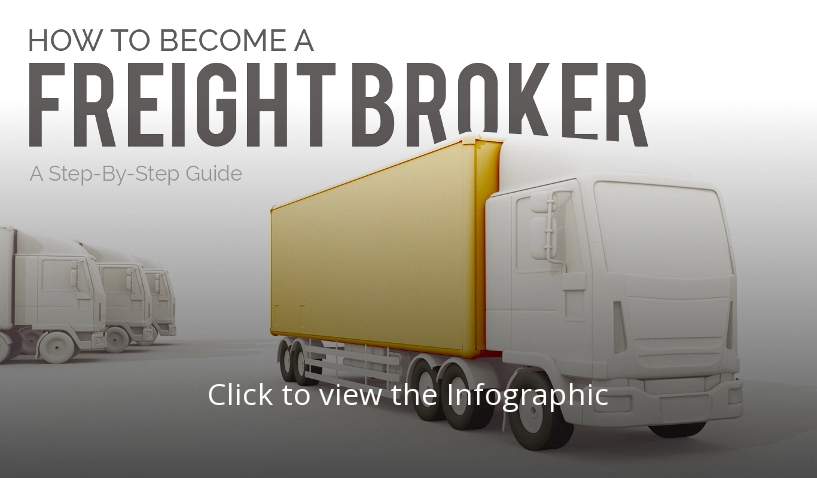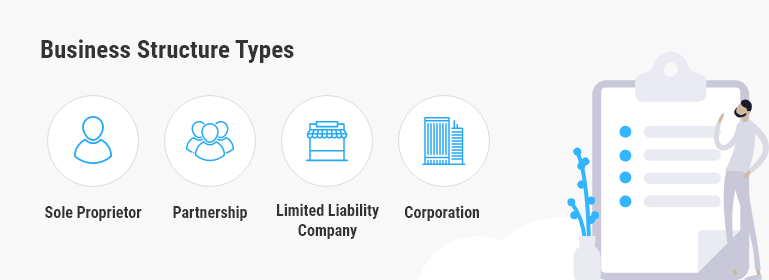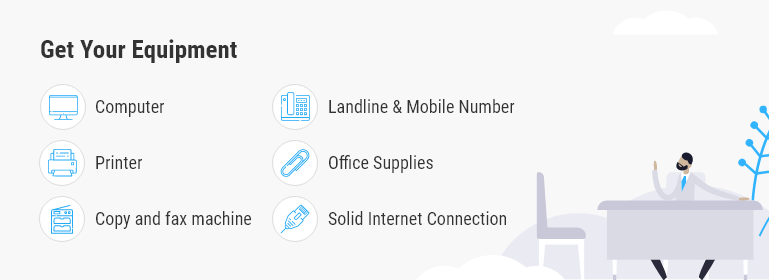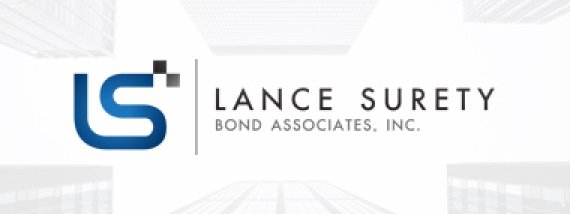🚚 How to Become a Freight Broker in 2024: Your Ultimate Guide
What is a Freight Broker?
Besides earning up to $100,000+ per year, successful freight brokers are also an indispensable part of the transportation of goods and cargo throughout the US.
Freight brokers in the US are responsible for:
- Overseeing the entire delivery process of goods (from the warehouse to store)
- Being the communications links between businesses and carriers
- Coordinating rates and contracts between the carriers and businesses for a small fee
A freight broker company fills a crucial role in the movement of goods by connecting shippers and carriers, forming a critical link within the freight industry.
Besides acting as an intermediary, brokers have an important function in the tracking of freight, as they keep thorough records of pickups and deliveries and other information. They also oversee the legal part of transportation, as they need to be experts in shipping regulations and procedures.
How do I Become a Freight Broker?
Setting up a freight brokerage business for trucking and transportation means being able to fully take responsibility for the entire part of the shipping process. New freight brokers will need a comprehensive understanding of what is required to operate a licensed freight broker business before they start their journey.
You will need to fulfill several requirements before you can become a freight broker, ideally complete a training course, as well as register a business and apply for a DOT license with the FMCSA. Finally, to continue practicing and maintain your license, you will also need a $75,000 freight broker bond.
You can learn more about the process and the requirements in this guide and check out the video below for a quick summary of the steps you need to go through to become a freight broker.
What Are the Steps to Becoming a Freight Broker?
**NEW:** Download our FREE e-book guide containing comprehensive information on getting licensed and staying compliant, whether you are an aspiring, newly started, or experienced freight broker!
1. Gain Industry Experience and Study
Your communication and people skills, naturally, are of critical importance, as a large part of your work will be done over the phone or email – both negotiating and closing deals.
If you have – or can build up – some experience in the transportation industry in another role, this can be very beneficial for your brokering, as you’ll be better connected with the main players in the field.
2. Sign Up for Freight Broker Training
Besides the general skills you need to refresh or develop, you might want to attend a freight broker school in order to get fully prepared for the actual requirements of the brokering job. Getting the top freight broker training books is also important, so you can always refer to them when you’re unsure how to go ahead.
The best option for freight broker training programs is to attend a freight broker school, as that will give you hands-on experience and knowledge from experienced brokers with many years in the field.
We have compiled a list of the Top 7 Freight Broker Schools in order to make the choosing process a little bit easier for you.
3. Choose a Company Name and Register Your Business
In order to legally operate a brokerage, you will also have to choose a company name and register your business, as with most types of license and permit businesses.
You can check whether the name you’ve chosen is taken at the US Patent and Trademark Office.
Part of registering will also involve selecting the kind of entity you’d like to register as:
- Sole Proprietor,
- Partnership,
- Limited Liability Company, or
- Corporation
After you have done that, you will need to register your business in your state at your local business license department in order to finalize this step.
4. Develop a Business Plan
Preparing a solid business plan is a must if you want to start your freight brokerage on the right foot.
With it, you will be able to apply for a line of credit with your bank but even more than that, your business plan is also an exercise in specifying which niche you will be targeting and who your customers are.
Your business plan includes a go-to-strategy and the more you invest in figuring out the specifics and researching the market, the better you will be prepared to meet its challenges.
5. Find the Right Carriers
A freight broker without carriers is like a ship without sails.
Part of your go-to-market strategy for becoming a freight broker should also include finding the carriers who work in the field of operations you’ve chosen for yourself.
From online directories and direct references by other brokers to networking events, there is a multitude of ways to find the right carriers for yourself, so don’t hesitate to try out a number of them and don’t just go with what feels easiest!
6. Apply for a USDOT Number and Get Your Broker Authority
Before you start operating in the field, you need to get a freight broker license from the Federal Motor Carrier Safety Administration (FMCSA).
The licensing is also referred to as obtaining your Motor Carrier Operating Authority or (MC Authority).
Your first step in getting licensed is to get a USDOT number, which is required on the application form. Then you can start the registration process on FMCSA’s website.
Along with filling in the freight broker application form, OP-1, you have to also pay the one-time application fee of $300. You can find further instructions for filling in OP-1. The processing time is between four and six weeks.
Once your application has been approved, the FMCSA will send you your MC number by mail.
The MC number, however, does not mean you can start a business yet. When it’s issued, it gets posted on the Register page of the FMCSA. Within 10 days, anybody who finds a problem with your registration can protest against it. After this period, you are granted the MC authority.
7. Get a Freight Broker Bond
As mentioned in the previous section, to get your MC authority from the FMCSA, you need to obtain a Freight Broker Bond, or a BMC-84 bond. The bond requirement was raised to $75,000 back in 2013 to ensure high industry standards and accountability.
If you’ve never worked with surety bonds before, it’s important to understand what they are: in essence, a three-party contract. Your freight brokerage is the principal, the FMCSA is the obligee, and the surety is the one providing the bond.
The purpose of the freight broker bond is to guarantee that you will follow all applicable rules and regulations in your brokering. In this sense, the bond is an additional line of credit for your business.
On the basis of this evaluation, the surety decides your bond premium, or your actual freight broker bond cost, which is an annual payment that constitutes a small portion of the $75K bond amount.
If your credit score is above 700, you’re likely to pay an annual premium of between 1.25% to 3% premium, or between $937 and $2250.
If your credit score is between 650 and 699, then you annual premium is likely to be between 3.5% and 5%, or $2,625 and $3,750.
Even if your credit is far from perfect, you can still get bonded with a bad credit program, though you’ll have to pay slightly a higher annual premium to mitigate the risk involved.
Find out how much your BMC-84 bond will cost with our Surety Bond Cost Calculator.
Surety bond cost calculator
In general, the best tip to reduce the price you must pay for your freight broker bond is to work on improving your credit score. You can find more smart tips on reducing your costs when renewing your bond yearly in this useful freight broker bond renewal guide.
8. Obtain Contingent Cargo Insurance and General Liability
With your MC number, you can go ahead with getting insurance (Form BMC-34 for loss and damage and in some cases, Form BMC-91 or BMC-91X for bodily injury, property damage, and environmental restoration) and your surety bond, which we detailed in the previous section.
You need these insurances because many, if not most, shipping companies will request that you present these before you begin work together.
9. Designate a Process Agent in Each State
At this stage, once you’ve obtained your bond and insurance, you’re ready to choose your process agents for each state you do business in.
This can be done through Form BOC-3 (Designation of Agents for Service of Process) which you need to fill in and submit to the FMCSA.
10. Get Your Equipment
When it comes to the material assets you need to start a brokerage, there are a few things to consider – even if you don’t plan to open a physical office in the beginning.
The essential technical gear that you need at first includes a:
- Computer,
- Printer,
- Copy and fax machine,
- Landline & Mobile Number,
- Office Supplies, &
- Solid Internet connection
You might also want to investigate freight brokering software, as it can automate a part of your work and boost your productivity.
With time, you’ll see what other items or services are necessary and get them as the need arises, but these are the basics.
11. Get Enough Initial Operational Capital
Unless you have enough cash already at your disposal, you will probably have to consider the line of credit you can secure before you start brokering. Since you will be the intermediary between shippers and carriers, you’ll often have to pay truckers for the shipment before you’ve received the payment from the shipper.
Once you’ve settled your business plan and gotten a line of credit, you’re on the safe side financially, and you’ll be able to start brokering for success.
12. Market Your Freight Broker Business
The final bit you need to cover is how you will market your brokerage to potential clients. Here you can think about what will make you stand out and how you can get your message across best.
From a marketing strategy and social media profiles with regular posts to a great website with a blog and printed marketing materials – the scope depends on what you think will impress future clients most.
How Long Does It Take to Become a Freight Broker?
While freight broker training school is usually around 30 to 45 days, the entire process of becoming qualified and registered can vary. This is because you will need to gather all the relevant documentation after your training and then apply to the FMCSA for your license, as well as obtain insurance and the correct freight broker bond.
Additionally, it’s worth noting that most training schools will allow you to take courses at your own speed if that is important to you or you are transitioning from one career to another.
How Much Does It Cost to Become a Freight Broker?
Naturally, you will need to invest some cash in yourself and your business to start the process of becoming a freight broker. Upfront costs can range from $4,000 to $10,000, and there will also be annual costs that you should account for. Additionally, much of the final cost of your freight brokerage will depend on your specific circumstances.
Generally speaking, you should account for:
- Licensing and Registration
- Surety Bond
- Equipment and Office Space
- Insurance
- Marketing and Advertising

- Fast and Secure Application
- Nationwide Coverage
- Approval in Minutes
- Money Back Guarantee
Recommended Articles
- Fast and Secure Application
- Nationwide Coverage
- Approval in Minutes
- Money Back Guarantee
- Image

- Image

- Image

Lance Surety Bond Associates, Inc. is a surety bond agency based out of southeastern Pennsylvania that is able to write all surety bond types in all 50 states. We are dedicated to servicing all of our customers' surety bonding needs throughout the country and guarantee competitive rates, timely responses, and unparalleled customer service.









